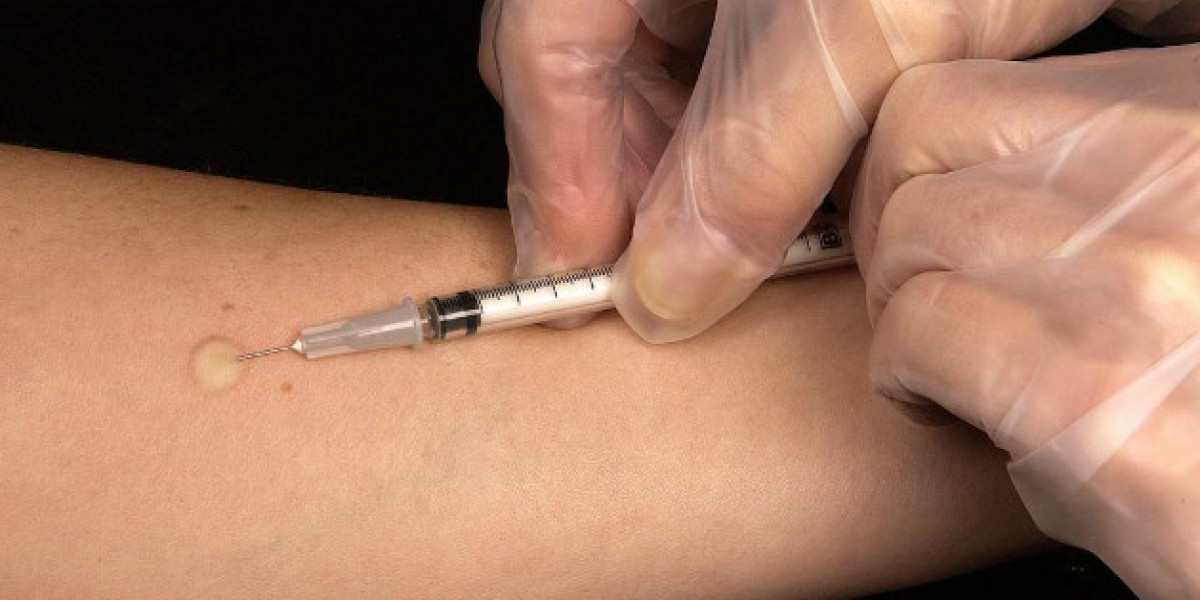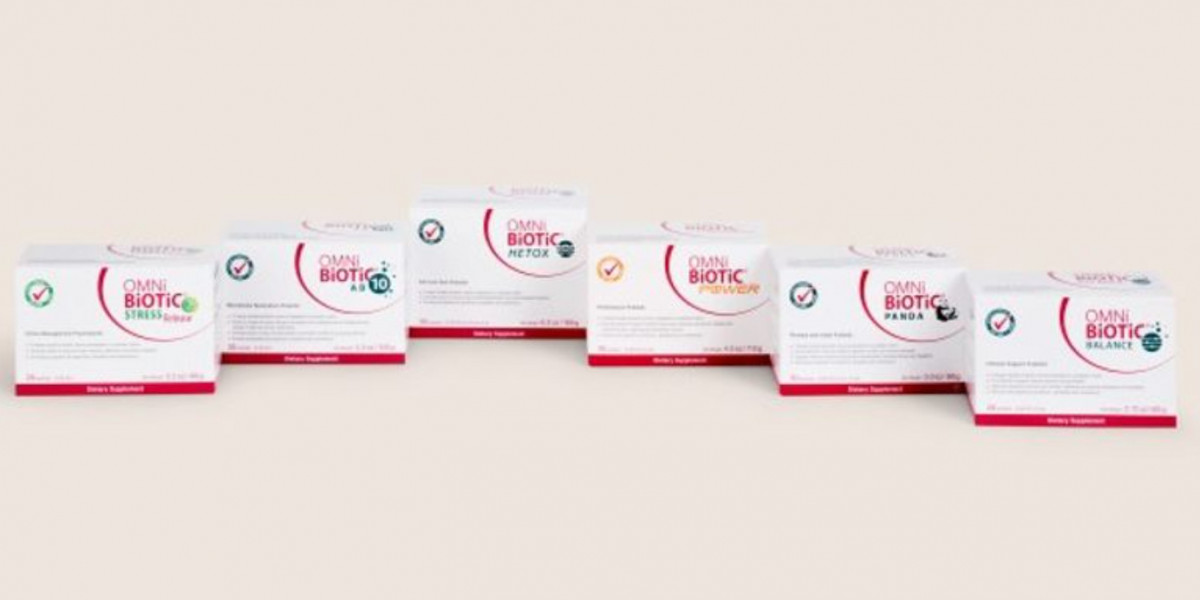Tuberculosis Test(TB) is a serious infectious disease caused by the bacteriumMycobacterium tuberculosis. It primarily affects the lungs but can also impact other parts of the body. Early diagnosis is critical to preventing the spread of TB and ensuring effective treatment. This guide simplifies the process of TB testing, explaining how these tests work and what you can expect during the procedure.
Why Are Tuberculosis Tests Important?
TB is contagious and can spread through the air when an infected person coughs, sneezes, or speaks. Early testing helps identify the infection, whether its active (currently causing symptoms and contagious) or latent (dormant with no symptoms but capable of becoming active later).
Timely diagnosis enables healthcare providers to administer appropriate treatment and reduce the risk of spreading TB to others.
Types of Tuberculosis Tests
There are two main types of TB tests:
1. Tuberculin Skin Test (TST)
- How It Works: A small amount of tuberculin (a purified protein derivative) is injected just beneath the skin of your forearm.
- What to Expect:
- After 48-72 hours, youll need to return to a healthcare provider for the test site to be examined.
- A raised, hard bump at the injection site may indicate TB exposure.
- Limitations: TST results can sometimes be affected by prior Bacille Calmette-Gurin (BCG) vaccination or certain medical conditions.
2. Interferon-Gamma Release Assays (IGRAs)
- How It Works: A blood test measures the immune systems response to TB bacteria.
- What to Expect:
- A healthcare provider will draw a small blood sample.
- The sample is sent to a lab, and results are usually available within a few days.
- Advantages: IGRAs are more specific than TST and not influenced by BCG vaccination.
Who Should Get Tested for Tuberculosis?
TB testing is recommended for individuals at higher risk, including:
- People who have been in close contact with someone with active TB.
- Individuals with weakened immune systems, such as those with HIV/AIDS.
- Healthcare workers or individuals working in environments where TB exposure is more likely.
- Those who have traveled to or live in regions with high TB prevalence.
Before the test:
- Inform your healthcare provider if youve had a previous TB test or BCG vaccination.
- Share your medical history, especially if you have a condition that weakens your immune system.
Theres typically no need for special preparations, but for blood tests, you may be asked to avoid certain medications that could affect the results.
What Happens After the Test?For TST Results:
- A healthcare provider measures the size of the bump at the injection site.
- Results are categorized as positive, negative, or indeterminate based on the size of the bump and individual risk factors.
For IGRA Results:
- Lab results will indicate whether the test is positive (likely TB exposure), negative (no TB infection), or indeterminate.
If your test result is positive, additional diagnostic tests such as a chest X-ray or sputum test may be required to determine whether the TB infection is active or latent.
Understanding the Results- Positive Test: Indicates TB infection. Further evaluation is necessary to confirm if its active or latent TB.
- Negative Test: Likely no TB infection. However, additional testing may be needed if you are highly symptomatic or immunocompromised.
- Indeterminate Test: Results are unclear, and a repeat test may be required.
If diagnosed with TB:
- Latent TB: You may be prescribed medication to prevent the infection from becoming active.
- Active TB: Treatment involves a combination of antibiotics over a period of 6-9 months to fully eradicate the bacteria.
Tuberculosis testing is a straightforward and essential step in identifying and managing TB. Whether you undergo a skin test or blood test, early diagnosis can protect your health and prevent the spread of this infectious disease.
If you fall into a high-risk category or experience symptoms like a persistent cough, fever, or unexplained weight loss, dont waitschedule a TB test today and take charge of your health.










